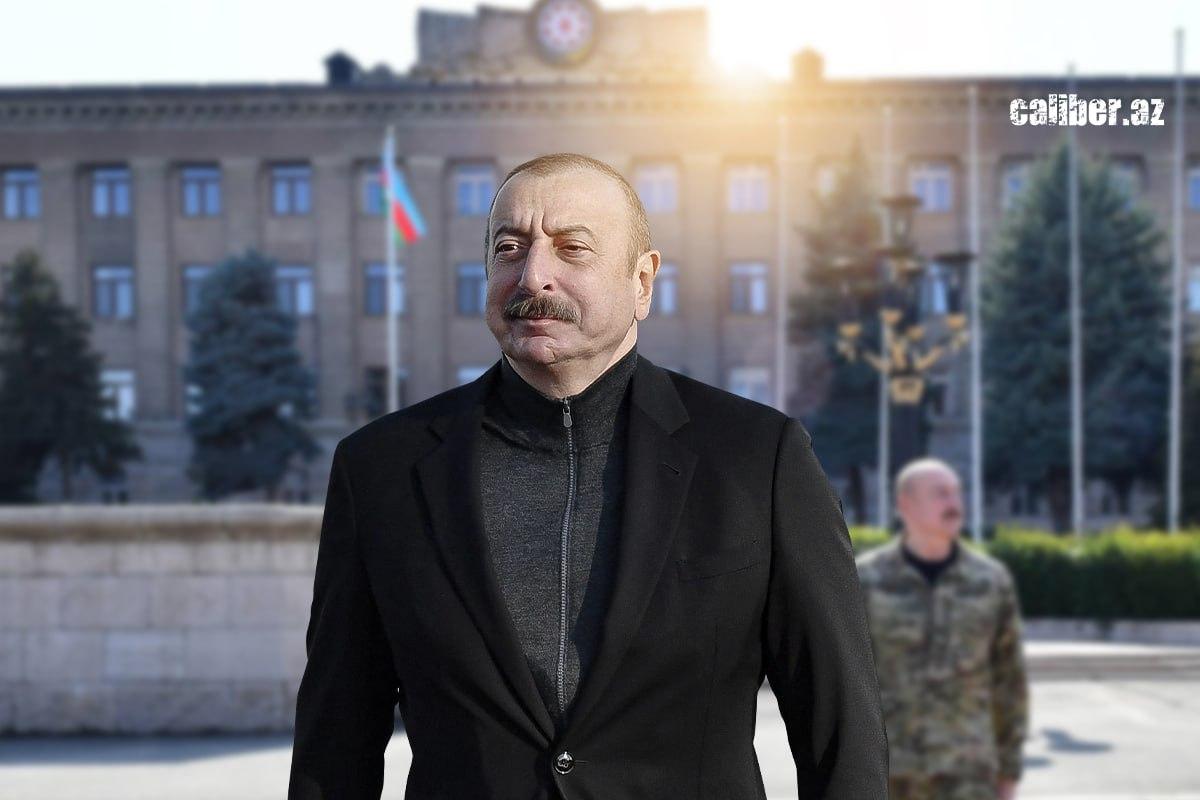On the ruins of illusions Baku’s pragmatic strategy vs. Europe’s inertia
The events of recent days, while not yet marking a shift in the global order, have at least exposed it in all its starkness. The Russo-Ukrainian war—one of the bloodiest conflicts in the world in this quarter of the twenty-first century, and certainly the most brutal in Europe in the last eighty years—has reflected more than just Russia's desire to annex part of Ukraine. This war was more like a price Moscow paid for the chance to regain its status as a global power, not in words, but in action. For Ukraine, this clash was, in the words of Ukrainian politician Oleksiy Arestovych, a "ticket"—though unsuccessful—for NATO membership. For Europeans, it became a nightmare, disrupting the entire system of well-being based on cheap Russian energy resources. For the United States, it served as a convenient resource to strengthen its global status.
And so, three years into the ground war and the stigmatization of Russia by the Democratic administration and its European allies, American diplomacy, with the arrival of Donald Trump, came to life, reflecting a willingness to sit down with the Russians at the negotiation table. Sergey Lavrov's face at the February 18 meeting in Riyadh radiated triumph. The essence of the future agreements, and whether there are any hidden pitfalls for Russia, remain open questions. For now, Russia has achieved its minimum goal—Americans are talking to the Russians as equals. Ukraine was not invited to this meeting. It is not the main actor here and does not fully control its own destiny—and this is the second tragedy for the country, after the victims and destruction, a matter we will return to.
The Riyadh meeting was preceded by the Munich Security Conference, which was memorable for its emotional intensity. It began with U.S. Vice President J.D. Vance tearing into the stale European order and ended with tears from the conference chair, Christoph Heusgen, over a dying Europe. Unable to contain his emotions, Heusgen interrupted his speech midway and left. His suit, reminiscent of a pastor’s frock coat, was an apt choice for this mournful ceremony.

However, Vance and Heusgen were not the only ones, each in their own style, to read the obituary for old Europe. There was also Trump’s special envoy to Ukraine and Russia, Keith Kellogg, who declared that the United States had no intention of inviting Europeans to the upcoming negotiations on Ukraine.
The Europeans puffed up with indignation and decided to slam the door by holding a separate meeting on Ukraine in Paris, where they concluded that, without guarantees from the United States, they would be unable to do anything for Ukraine. It was laughable, really. The smartest among the Europeans hastened to laugh at themselves. The head of the German defence conglomerate Rheinmetall, Armin Papperger, in an interview with the Financial Times (FT), compared the Europeans to children who weren’t allowed at the adult table.
What does this rather unamusing story teach us? A very simple truth – one cannot fully rely on external support for their aspirations. Ukraine put all its hopes on Europe and the United States, completely forgetting that Europe itself is not an independent player capable of winning this war, and while the U.S. could do so, they are far from the idea of bringing Ukraine—and thus Europe—to victory. Their goal, or rather one of their goals, is to prevent the strengthening of the European continent, keeping it in a perpetual vassal position.
Seeing this picture, one can once again feel a sense of rightful pride in Azerbaijan, which decided to resolve the thirty-year problem of occupation based on pragmatic calculations—its own strengths, a powerful military and defence industry, a balanced position relative to centres of power, and at the same time, strategic relations with many of them. In these complex geopolitical conditions, Azerbaijan achieved its goal, and despite significant pressure from certain external forces, not only did it avoid becoming an outcast, but it also strengthened its international standing even further.

It is also important to highlight factors such as well-defined goals and a sense of timing. Compare Ukraine’s situation now, where its fate is being decided without its participation, with the situation two years ago, when, after driving Russian forces away from Kyiv, the Ukrainians tried to independently shape their future in negotiations with Moscow in Istanbul. Back then, partly due to the euphoria from their success and partly under external pressure, they rejected terms they would now give much for. Let’s compare this with November 2020, when the Azerbaijani army could have raised the flag in Khankendi within a few days. The leadership of the country halted the offensive, adhering to the demands of the moment and preparing to clear the field for the decisive step—the anti-terrorist operation of September 20, 2023, which fully restored Azerbaijan's sovereignty. Understanding what to do and when to do it are essential attributes of Azerbaijan’s leadership’s strategic thinking.
The world is entering a new era, one in which old rules and principles, including international law, will soon be shattered before our eyes. Therefore, looking back, it is important to note the following—the uniqueness of Baku's policy was that we managed to fully utilize the resource of international law before its inevitable collapse. Appeals to international law will become fewer and fewer, replaced by principles of expediency and profit. The time of power, alliances, and technology has arrived. With the help of the old train, Azerbaijan reached the necessary station. Now it is crucial to transfer to the new one. And we, of course, are doing that.








